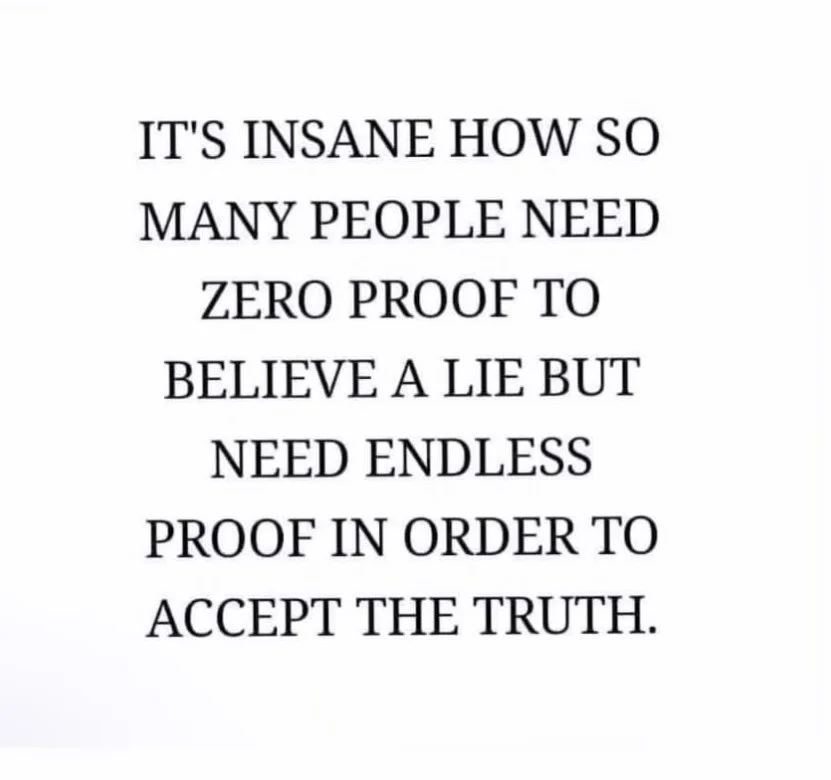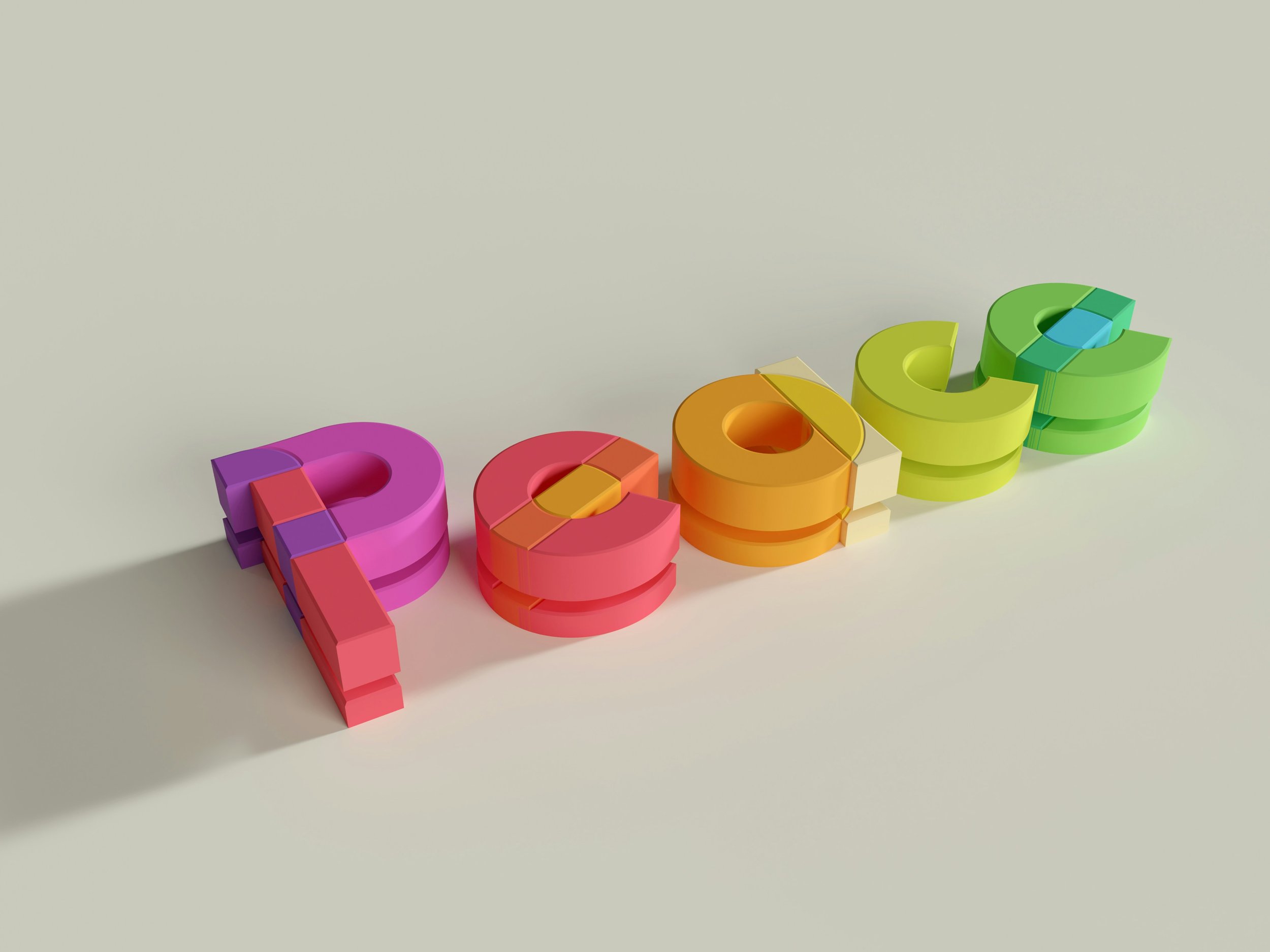
Welcome to the Blog
Resources and Tools for Healing and Expansion

True Rest vs Avoidance: How to Know What Your Nervous System Actually Needs
Not sure if you’re resting or avoiding? Learn the difference between true nervous system rest and avoidance, and how to re-enter life after emotional overload without forcing productivity.

Why You Feel Exhausted After Setting a Boundary (And Why Nothing Is Wrong With You)
Feeling drained or unmotivated after setting a boundary or ending a toxic dynamic? Learn why energy often drops after emotional clarity—and why this is a sign of healing, not failure.

From Healing to Wholeness: What Comes After Therapy
After therapy and years of inner work, many people reach a quieter question: what comes next? This article explores the shift from healing to wholeness, why therapy was never meant to be the destination, and how peace, stability, and meaning often emerge when self-trust replaces self-fixing.

You Don’t Need More Healing—You Need Self-Trust
If you’ve done years of healing and still struggle to trust yourself, the issue may no longer be unresolved wounds. This article explores how healing can become a substitute for self-trust, why insight alone doesn’t create confidence or clarity, and how learning to trust yourself is what actually allows life to move forward.

When Healing Becomes a Loop: How Endless Processing Keeps You Stuck
At some point, healing can quietly become a loop—endless processing without real change. If you feel exhausted by constantly working on yourself or revisiting the same themes, this article explores the difference between processing and integration, why healing can turn into a holding pattern, and what actually brings completion, peace, and forward movement.

Insight Without Integration: Why Understanding Yourself Isn’t Creating Change
You may understand yourself better than ever—your patterns, your past, your triggers—yet still feel stuck. This article explores why insight alone doesn’t create real change, how awareness without integration can lead to frustration, and what it actually takes to move from understanding yourself to living with greater peace, stability, and self-trust.

Why Therapy Isn’t Working Anymore — And How to Know You’re Ready for Something Deeper
Why Therapy Isn’t Working Anymore
If you feel insightful but stuck, emotionally exhausted, or tired of endless processing, therapy may not be failing—you may be ready for something deeper. This article explores why traditional talk therapy often reaches a limit and how to know when you’re ready for real integration, self-trust, and lasting peace.

When the Year Turns Quiet: How to Find Yourself Again in a Season of Overwhelm
This season has a way of pulling buried emotions to the surface. Many people are quietly carrying a sense of heaviness - emotional fatigue, burnout, overwhelm, and longing for deeper clarity. We're collectively navigating uncertainty., and the nervous system feels it long before the mind can make sense of it.
When clients come to me seeking support, the question beneath everything is almost always the same: how do I find peace when life feels so loud?
The path back to yourself isn't about pushing harder or pretending you're fine. It's about creating inner steadiness - learning how to regulate your nervous system, honor your emotional truth, and reconnect with your deeper wisdom. This is the heart of soul centered healing, and why so many people find it transformative.
If you're feeling overwhelmed, drained, or stuck in old patterns, you are not alone. The collective pressure of this season amplifies everything.. but with the right tools, you can shift your internal landscape to feel more grounded and begin to move through life with greater clarity and confidence.
This blog explores practical, compassionate ways to reduce stress, support your mental health and reconnect with your inner strength. This is especially helpful for those searching for guidance on anxiety, emotional overwhelmed, nervous system healing, burnout recovery, and how to navigate difficult seasons of life. My intention is simple: to offer a space where you feel seen, supported, and reminded that peace is possible, even now.

Give Yourself Wide Lines: The Art of Becoming Through Practice
Learning and healing take practice, patience, and compassion. Discover why giving yourself “wide lines” makes personal growth easier and more sustainable—and how stress impacts your ability to transform.

The Heavy Burden of Truth in a World That Believes Lies
In today's world lies, spread faster than truth. Gossip, rumors, and false stories often require no proof to be believed - while truth demands endless defending. This dynamic takes a toll on our mental health, relationships, and sense of self. Why do people believe lies so easily? And more importantly, how can you protect your peace when others misrepresent you? In this blog, we’ll explore the psychology behind why lies stick, the emotional cost of constantly having to prove yourself, and the practical tools for both surviving gossip, and choosing truth over rumor.

Understanding the Difference Between Healthy Guilt, Toxic Guilt, and Shame — And How to Heal
Toxic guilt and shame can quietly erode self-worth, keep you trapped in cycles of overthinking, and damage relationships. Discover how to identify these harmful patterns, release the weight of false responsibility, and create space for healing, resilience, and self-compassion.

“Why Can’t They See What They’re Doing?” Understanding People Who Lack Emotional Intelligence
What happens when the people you love, lack emotional intelligence? Learn how to spot the signs of emotional immaturity, why some people never apologize or self-reflect, and how to protect your peace when empathy is missing. A must read guide for healing from toxic family, dynamics, emotionally unavailable, parents, and one-sided relationships.

How Big of a Deal Is This, Really? A Tool for Gaining Perspective When Life Feels Overwhelming
Learn how to gain clarity and emotional balance by using a simple perspective tool that helps you assess what you’re going through on a scale from 1 to 100. This powerful framework helps you shift out of overwhelm, reduce anxiety, and respond with greater insight. A must-read for anyone navigating life’s challenges and looking to stay grounded.

Loving Someone Who’s Emotionally Immature: When to Stay, When to Let Go, and How to Protect Your Peace
Loving someone who is emotionally immature often means feeling unseen, blamed, or chronically disappointed. This blog explores the subtle signs of emotional immaturity, why it’s not your job to fix them, and how to protect your energy without abandoning yourself. Whether it's a partner, parent, or friend, understanding these dynamics is the first step toward clarity, boundaries, and healing.

The Silent Saboteur: How Emotional Immaturity Undermines Relationships
Most people associate emotional immaturity with obvious behaviors—tantrums, avoidance, or acting out. But the truth is, emotional immaturity often hides in plain sight. It can show up as chronic defensiveness, a refusal to take accountability, or an inability to tolerate emotional discomfort. It’s not about intelligence, age, or even good intentions. Emotionally immature people can be kind, accomplished, and deeply caring—and still leave relational damage in their wake.
The cost of staying in relationship with emotional immaturity—whether in family, friendship, or partnership—is often invisible at first. But over time, it chips away at your self-trust, your clarity, and your sense of peace. You start questioning yourself, walking on eggshells, or taking responsibility for things that were never yours to carry.
In this post, we’ll explore what emotional immaturity really is (and what it’s not), how it shows up in relationships, and why recognizing it is one of the most empowering things you can do for your own well-being.


The Courage to Change the Pattern: What Emotional Maturity Really Requires
Emotional immaturity can quietly destroy relationships, leaving you, confused, exhausted, and doubting yourself. Learn how to recognize the signs and understand the difference between emotional immaturity and narcissism and grow into your own emotional integrity.

When Life Changes Your Plans: A Lesson in Surrender, Flexibility, and Mindset
I was all set to head out west for the summer like I do every year—until my dog Sophie tore her other ACL just one week before I was supposed to leave. Suddenly, all my plans were up in the air. What followed was an unexpected lesson in surrender, nervous system regulation, and the mental health power of flexibility. Sometimes, the most important work we can do is learning to trust the detour—and let life unfold exactly as it’s meant to.
